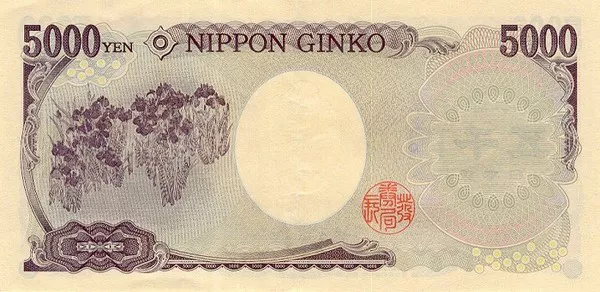USD/JPY remained flat below 148.50 during early European trading on Monday. Markets became cautious on concerns about foreign exchange intervention by Japanese authorities. The pair is currently trading around 148.35, down 0.01% on the day.
Bank of Japan (BOJ) Governor Kazuo Ueda said on Monday that Japan’s economy is recovering moderately and the central bank’s basic position is that it must patiently maintain loose monetary policy. Separately, Japanese Finance Minister Shunichi Suzuki made some of his usual verbal interventions last week. He said that the authorities will pay close attention to foreign exchange trends with a high sense of urgency and will not rule out any plan to deal with excessive foreign exchange fluctuations. Similarly, Bank of Japan (BOJ) Governor Kazuo Ueda also stressed the need to spend more time evaluating data before raising interest rates. This, in turn, could limit the upside for the U.S. dollar (USD) and be bearish for the USD/JPY pair.
On top of this, economic data released on Friday showed that Japan’s national consumer price index (CPI) fell to 3.2% year-on-year in August from 3.3% in July. Additionally, the national consumer price index, excluding fresh food, rose to 3.1% in August from 3.0% in July, while the national consumer price index, excluding food, energy, was 4.3%, up from 4.3% in the previous month.
In the U.S. dollar, Friday’s purchasing managers index data raised concerns about the trajectory of demand conditions in the U.S. economy following a rate hike cycle and high inflation. The U.S. S&P Global Manufacturing Purchasing Managers’ Index rose to 48.9 in September from 47.9 in August, indicating that business activity in the manufacturing sector continued to shrink. The services PMI fell to 50.2 from 50.5 the previous month, and the composite PMI fell to 50.1 from 50.2.
Most Fed officials still expect to raise interest rates later this year. Boston and San Francisco Fed Presidents Susan Collins and Mary Daly stressed that although inflation is cooling, further interest rate increases are still necessary. In addition, Minneapolis Fed President Neel Kashkari said that he originally thought that raising interest rates by 500 basis points (bps) or 525 basis points would put a brake on consumer spending, but now it has not put a brake on consumer spending. Spending puts the brakes on.
Market participants will focus on Japan’s September Tokyo Consumer Price Index (CPI), industrial production and Friday’s retail sales. The key story this week is the U.S. core personal consumption expenditures (PCE) price index, the Fed’s preferred measure of consumer inflation. The annual figure is expected to fall to 3.9% from 4.2%. Traders will look for USD/JPY trading opportunities from this data.


